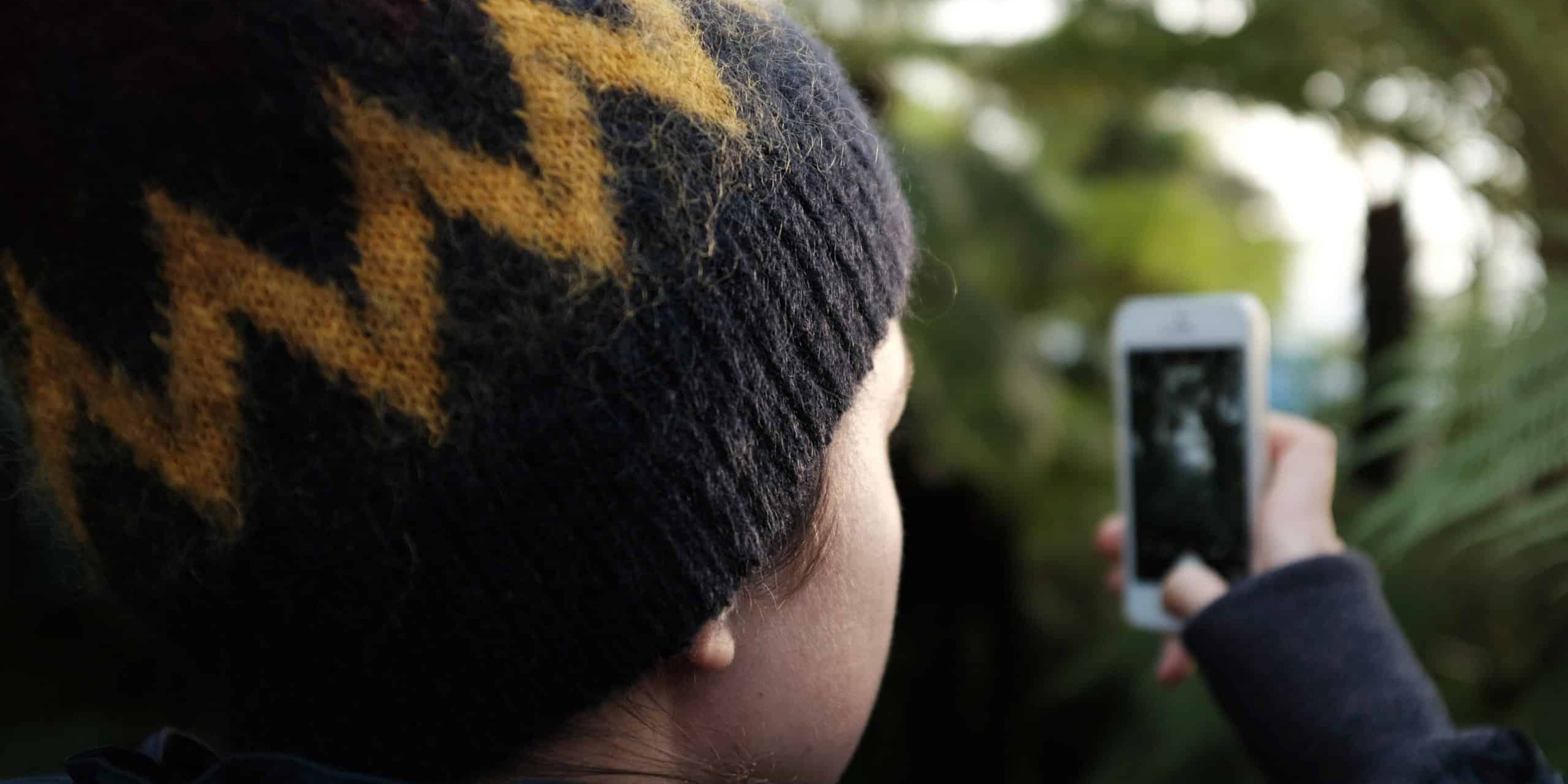July 01, 2020
Digital Diets
By Dr Kathy Weston

Reflect
Last week’s Wednesday Wisdom was all about the dream that is summer; innocent delights that our children might return to at some point, and why it is a good idea to reflect upon the components of a ‘happy childhood’. This week, my reflections became rather more serious, as I considered the challenges that parents face when trying to protect their children from material that can distort perceptions of healthy sexual relationships.
In recent weeks, I have delivered a keynote on Relationships and Sex Education for educators and been on BBC radio discussing an educational advert from New Zealand, which has gone viral. It cleverly warns parents about children and online pornography consumption and encourages frank and open discussion. But, an exchange this week, with a parent closer to home, further highlighted the need for awareness-raising.
This mother had realised that her 14 year old son had viewed the 18 rated film, 365 Days, on Netflix, and was concerned about its content. I hadn’t heard of it, so sat down with a cuppa to watch. Despite being categorised as ‘romance’ by Netflix, it is immediately apparent that it’s a pornographic film, replete with physical and sexual violence against the female lead. Imprisoned against her will and refusing to consent to the violent sexual advances of her captor, she is mistreated, assaulted and tied up, until she finally acquiesces to his demands. At this point, she is rewarded with a ‘Pretty Woman-esque’ luxury shopping trip.
Adults can critically assess the film’s content, but a teen cannot. Knowing that a young boy watched what I watched (perhaps even before his first kiss), is alarming.
Motivate
A 2016 survey, from the UK, found that 44% of males, aged 11–16, who consumed online pornography, reported that it gave them ideas about the type of sex they wanted to try (Cultured Reframed, 2020). If movies like 365 Days are influencing teens’ ideas of consent, intimacy and the nature of sexual relations, we are in big trouble.
What can we do? First of all, heads out of sand. As awkward as this topic might be, we risk a lot by ignoring it. Research shows that family talk keeps teens safe; open discussions about sex and relationships at home actually leads to less engagement with sexually risky behaviour during adolescence. In other words, talking about sex doesn’t promote it.
One antidote to pornographic consumption and/or receiving playground SexEd, is talking to our children about the difference between healthy and unhealthy romantic relationships. Questions you might ponder: is it healthy if someone tells you what to do in a relationship? Should your partner ever tell you what to wear? If you feel afraid of your partner, how might you exit that relationship? What does it mean to be in love? What makes a person feel loved? When you are in love, you might want to spend all your time with that person. Is this healthy?
If your child is interested in particular celebrity relationships, these may also provide a springboard for discussion. It is key that our children are able to decipher reality from fantasy, healthy from unhealthy and that they understand body boundaries.
Support
Remember that this is not about policing children’s behaviour, it is about parenting. It is not about shouting, it’s about understanding. We need to be ahead of the game, rather than behind it.
Children’s transition to secondary school often corresponds with a new phone or laptop. Before you give your children a digital device, or access to Netflix on their phone, try to create an agreed set of family terms and conditions.
There are helpful contracts out there to cover things like teens’ use of social media. Such contracts create boundaries when it comes to online behaviour in general and help to remind our children that whilst the digital world has many benefits, there are risks associated with it too. Greater access to the online world brings great responsibility, on their part and on ours.
Are you a Tooled Up member?
If you are a registered member of the Tooled Up community, click here to explore our library of resources.